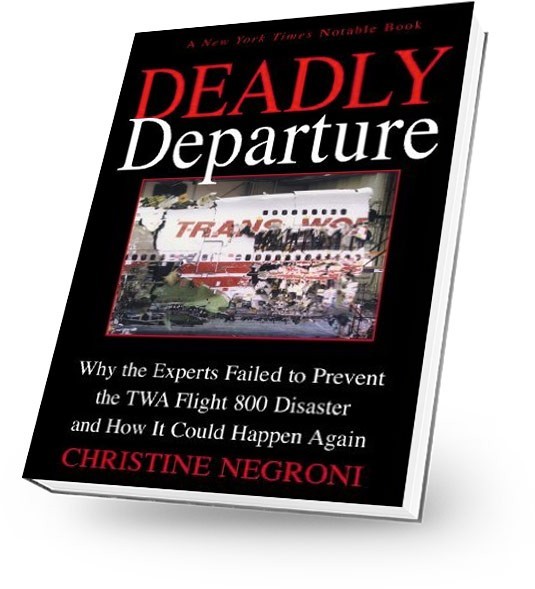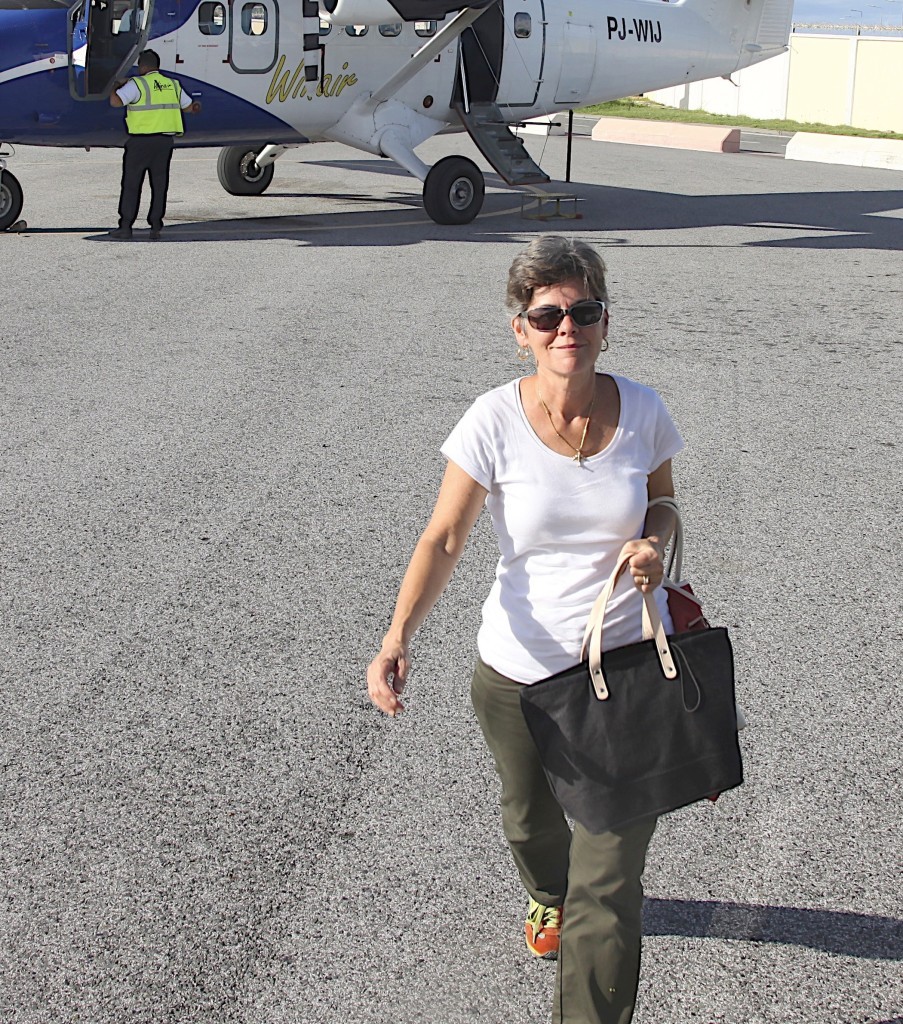The public has sporadic interest in air travel news; seat size and ticket prices get attention, as do stories of badly-behaving flight attendants. But two issues being debated in Washington deserve some
thought for their significance as safety issues with wide-reaching
impact.
On Wednesday, the Federal Aviation
Administration issued yet another warning about the danger of carrying lithium
ion batteries on airplanes. This was ostensibly timed to coordinate with Florida Senator
Bill Nelson’s new proposed legislation to ban shipping lithium ion batteries in bulk as cargo on
passenger flights.
The FAA and the National Transportation Safety Board have been
warning for years that lithium ion batteries harbor a trifecta of threats;
- they are a source of ignition,
- they provide their own fire fuel
- they can create explosions as well as producing toxic gases
“If FAA testing has found that fires or
explosions caused by lithium-ion batteries can lead to a catastrophic loss of
an airplane, then why on earth would anyone want to prohibit safety
regulators from banning large shipments of these batteries on passenger
airliners?” the senator said in a press release accompanying his proposal.
In fact, that Nelson’s bill is an attempt to bust through precisely
that; a legislative ban on what the FAA can do to ensure passenger flights are not brought down by lithium ion battery fires as several cargo flights have been. (It is a subject for another day why we care more about passenger flights than cargo flights that can just as easily crash into residential neighborhoods, as El Al Flight 1862 did in Amsterdam in 1992.)
In 2012, U.S. lawmakers acted to prevent the FAA
from taking any action more restrictive than what International Civil Aviation Organization does. Since at this point
ICAO deals with lithium metal (non rechargable) but not lithium ion batteries, (the kind in all your electronic gadgets). The effect is that FAA’s attempts
to go farther to prevent a battery-initiated disaster have been thwarted. If it sounds incredible,
that’s because it is.
So far airline attempts to deal with the threat have been piecemeal. Just in time for the
holiday gift-giving season many airlines at the urging of the International Air Transport Association, prohibited travelers from carrying hoverboards and their large lithium ion batteries onto planes, a decision that caused the actor Russell Crowe to tweet
his outrage when he and his children could not board a Virgin Australia flight six weeks ago.
Still, when the federal bureaucrats get active to fix a threat and
lawmakers obstruct, one can only shake one’s head in bewilderment.
It gives me little confidence in the
outcome of the second subject being discussed in Washington, the privatization
of the nation’s air traffic control system.
This is a hugely complex subject with long-reaching consequences I won’t
pretend to suggest I can foresee. Though the public debate ought to boil down to this
question, “Who can better handle safely separating airplanes with the emerging
21st Century technology?”
Instead all parties are talking about who will own the infrastructure and how will it affect the fees airlines and private aviators pay. Airlines 4 America, a national trade association that, not
surprisingly, is a proponent of business sees switching air traffic control from
the government to a not-for-profit company not yet
identified, as all upside. So does the controller’s union, National Air Traffic
Controllers Association. Delta Air Lines and Air Line Pilots Association
oppose it, as does the business aviation community.
Concerns about the FAA’s inability to
oversee and implement new airspace technology, and a shortage of trained
controllers are long standing problems. Still, I find it hard to imagine that a
private company governed by a board of industry insiders is going to be any swifter
off the mark to deal with these challenges. In fact, it seems distancing this
essential service from the accountability of the FAA could worsen
the situation.
As I waffle, I am certain of one thing, rough
air is ahead and we’ll all need to pay attention to successfully navigate
through it.

Author of The New York Times bestseller, The Crash Detectives, I am also a journalist, public speaker and broadcaster specializing in aviation and travel.













